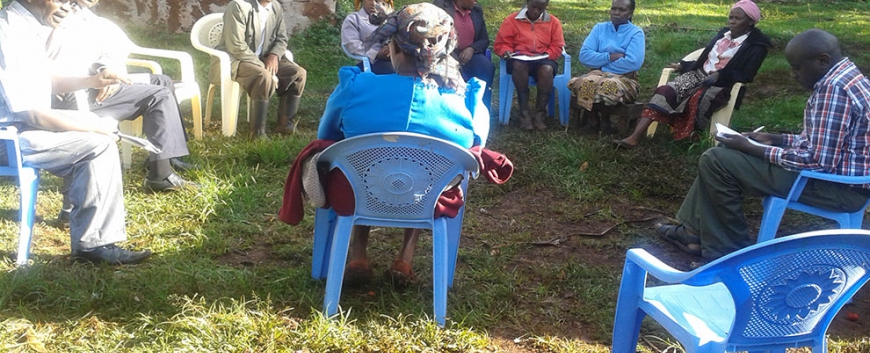Gender baseline survey
The promotion of gender equality and women’s rights is not only a crucial goal in itself, as a matter of fundamental human rights and social justice, but is also a must in achieving development goals. Gender is an important determinant of inequality in access to and control over societal resources and benefits. The objective of the Kenya National Gender Policy is to ensure women’s empowerment and mainstreaming of needs of women, men, girls and boys in all sectors of development in the country so that they can participate and benefit equally from development initiatives. On the other hand, IFAD Gender policy states that
development programmes are more relevant and sustainable if both women and men are able to participate and express their own needs and priorities in decision making forums.
Therefore redressing gender inequalities is an integral part of policy, strategy and implementation of UTaNRMP. It is for this reason that UTaNRMP conducted a gender baseline survey with the objective of gathering information on the differences in conditions, needs, participation rates, access to resources and development, control of assets, decision-making, among others between women and men in their gender roles. The outcome of the study will help implementers to design specific gender approaches to remedy the situation. The study is also captured baseline data indicating the levels that the project area is in terms of gender awareness, responsiveness and sensitivity. This study has been completed.






